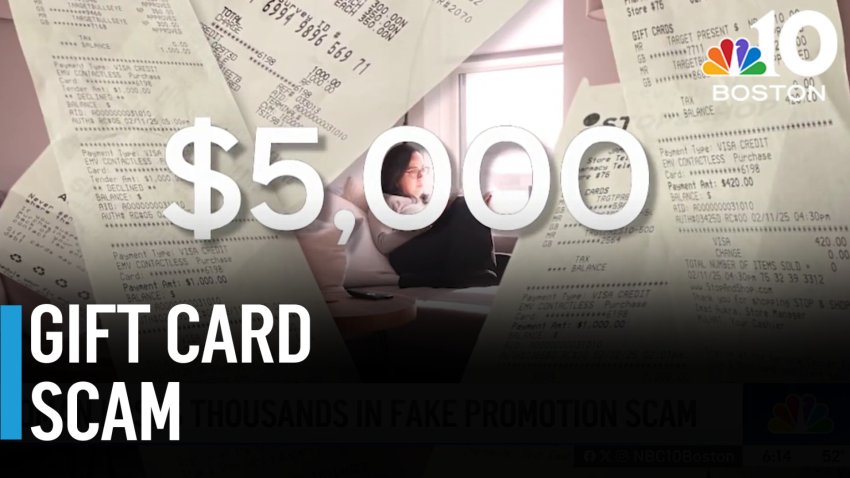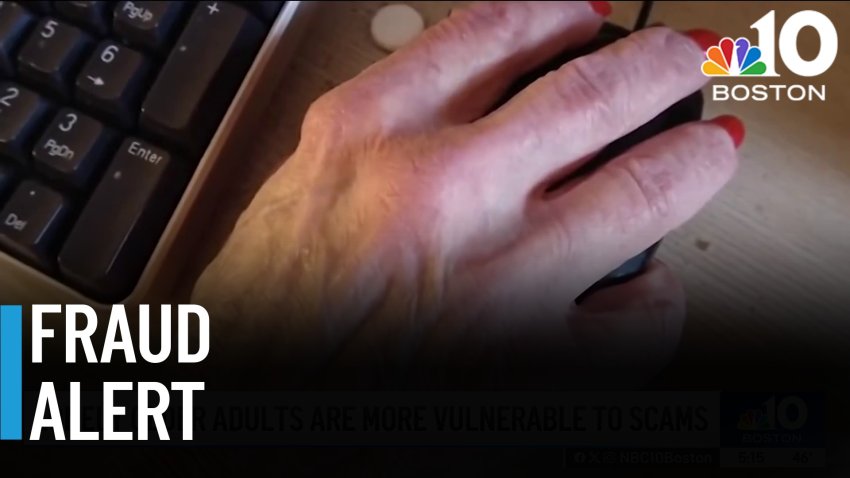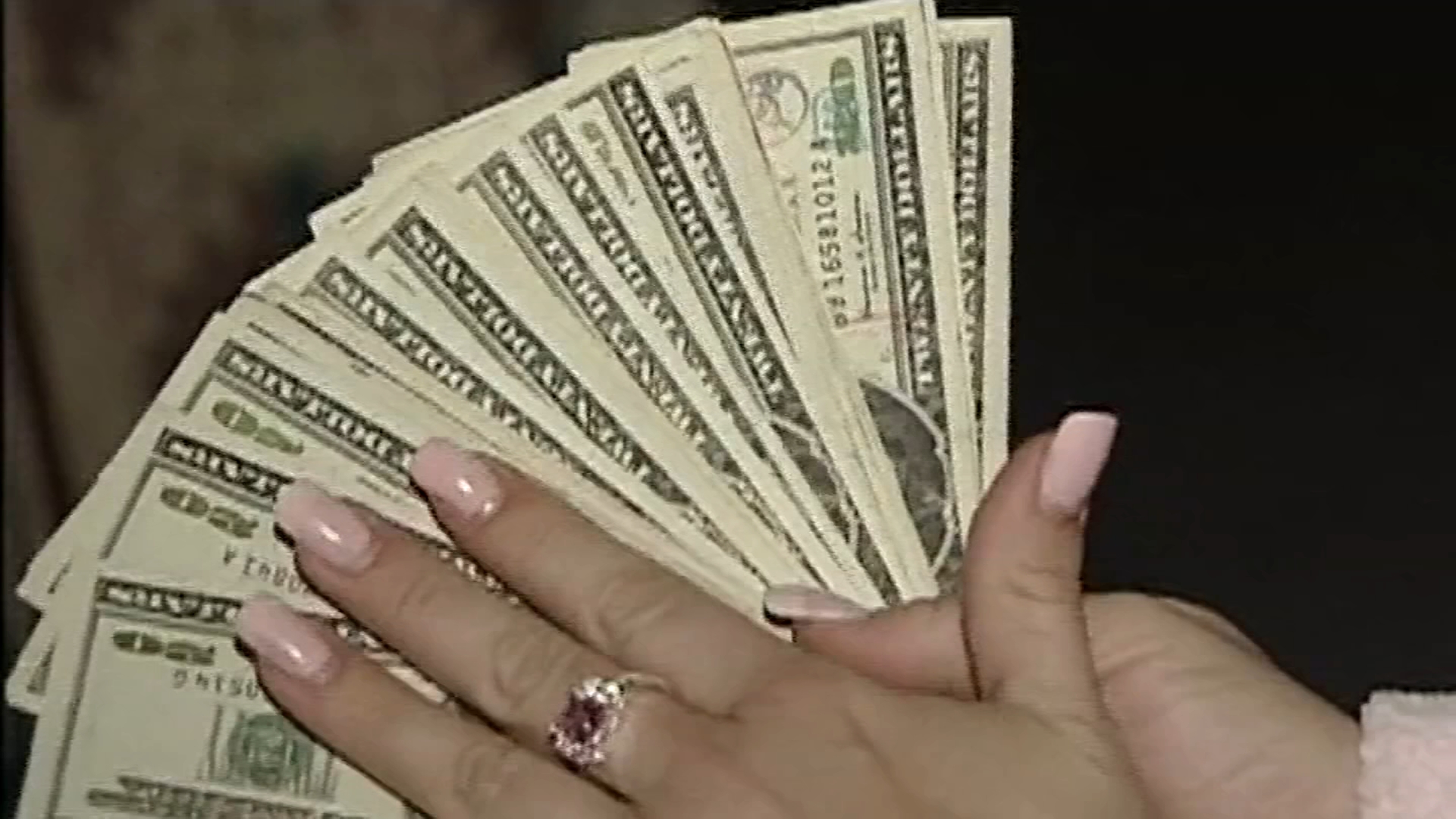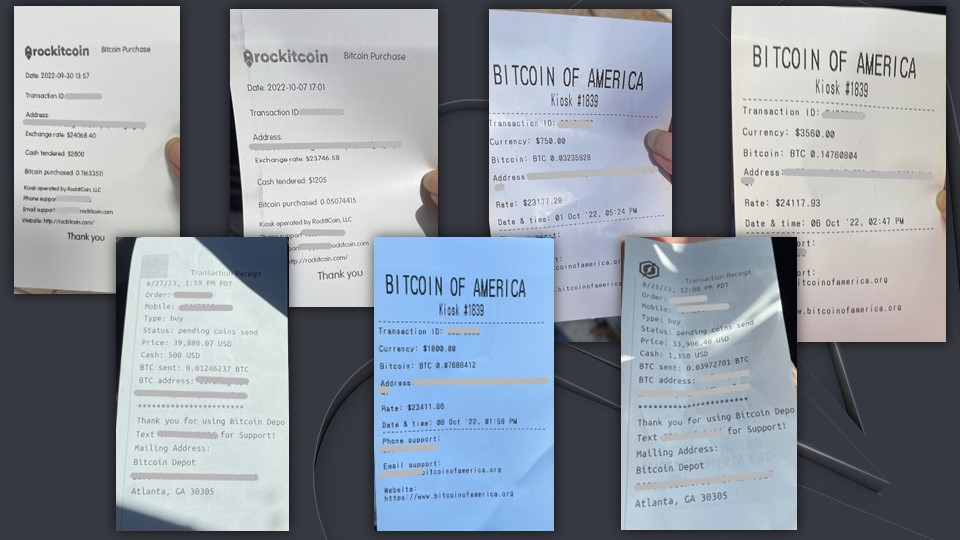Like many looking for love, a woman who recently moved to Boston turned to dating apps. Then she was wooed into investing in a cryptocurrency by a scammer.
Follow NBC10 Boston:
https://instagram.com/nbc10boston
https://tiktok.com/@nbc10boston
https://facebook.com/NBC10Boston
https://twitter.com/NBC10Boston
https://bsky.app/profile/nbcboston.com
After her liver transplant last year, Daniele Gonsalves spent a lot of time isolated in recovery. She turned to dating apps to connect with people in Boston. That’s how she matched with David from Quebec — or so he said.
“David is very handsome and has the gift of gab. If he exists,” said Gonsalves. “He was very charming, very, very charming.”
WATCH ANYTIME FOR FREE
Stream NBC10 Boston news for free, 24/7, wherever you are. |
They texted just about every day about their lives, their families and what they would do once they met up.
“I mean, I wasn't in love with him. I was in lust. Right? So, it was very hot. It was very, you know, what do the French say? You know, burning love, that type of thing. This is very passionate,” Gonsalves said.
Get updates on what's happening in Boston to your inbox. Sign up for our News Headlines newsletter.
Within the first few days of chatting, she said David talked about the money he made investing in cryptocurrency and insisted she give it a try. He instructed her to buy Bitcoin and then move it to a trading platform, through a link he sent her.
“I got back $150 after the first $500 investment, but nothing after that,” Gonsalves said.
David encouraged her to keep investing, by transferring thousands of dollars into her trading account.
“So of course, my eyes went, 'dollar signs.' You know, like a cartoon,” Gonsalves said.

She said she spent over $2,500 on cryptocurrency and transferred it to a site she later realized was fraudulent, because it disappeared. David, who never gave his last name, stopped responding. When she tried to call him, his phone number did not work. They never met in person because, despite making dinner plans, something always came up.
“I was like, I got duped. How could you be so stupid? But you're not stupid, because money came into your account, you know? Like, everything was there to make me believe in the beginning that this was real, and then it wasn’t,” Gonsalves said.
Cybersafety expert Ian Bednowitz says this is a tactic known as “pig butchering,” in which scammers build trust in order to get victims to invest money.
“Once that trust is built, they will start to encourage their victim to make investments and the way that they make that happen is they present themselves as affluent. They may have very developed social media profiles with pictures of them jet setting, or cars, show that they are interested in investing, and they may just start mentioning off-hand, ‘Hey, I’ve made a lot of money off crypto, I may have some insider tips I can help you with,’” explained Bednowitz. “They may start with very small amounts they ask their victims to put in into some separate private account, but then it won’t show returns and as it shows returns the relationship is also getting better and they encourage the person to put in more and so they put in more and more.”

He said scammers often create fake websites or spoof real ones so that it appears to be legitimate to the victim.
“Be skeptical. Verify. Do not jump into a relationship and absolutely do not ever take investment advice and start to invest from someone you have never met or even spoken to on the phone,” Bednowtiz said.
Gonsalves reached out to NBC10 Responds to share her experience to warn others, especially with the rise in interest in cryptocurrency: “Cryptocurrency is here. It is something that people are talking about. So, I didn't think it was uncommon for that conversation to have started, you know. So, people need to be aware and there has to be some sort of information for people like red flags.”
As for dating, she learned to take the conversations offline.
“Now, I will meet people. That is the lesson. Meet them. Go and meet them. And, like, make sure they're real,” she said.
The FBI encourages people who believe they may be a victim of cryptocurrency investment fraud to file a report with the Internet Crime Complaint Center.




